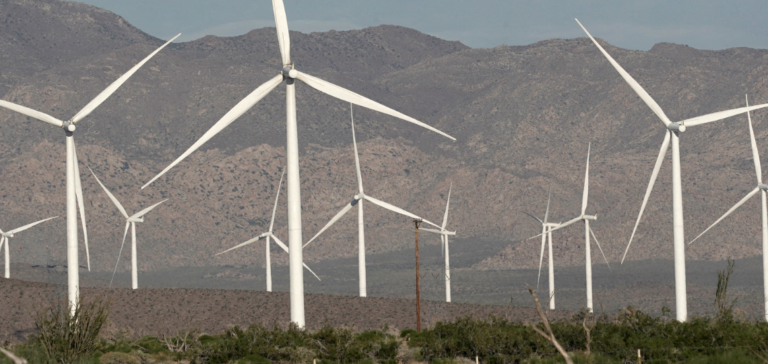In this region, energy is an abundant and diversified resource. Hydropower, in particular, plays a central role in electricity production, generating 60% of the region’s electricity, twice the world average. Latin America and the Caribbean also boast some of the world’s most favorable wind and solar resources. Its widespread use of bioenergy makes it a major player in biofuel production. In addition, the region holds significant reserves of oil, natural gas and minerals essential to the growing clean energy technologies.
Leadership in renewable energies
Latin America and the Caribbean stand out for their leadership in renewable energy. The region already boasts one of the cleanest electricity sectors in the world. Renewable energies, led by hydropower, generate 60% of the region’s electricity, double the world average. What’s more, some of the world’s best wind and solar energy deposits are located in countries such as Brazil, Mexico, Chile and Argentina. The widespread use of bioenergy and the region’s status as a major biofuel exporter underline its ongoing commitment to clean energy.
Oil, Gas and Essential Minerals
In addition to renewable energies, Latin America and the Caribbean hold significant reserves of oil and natural gas. The region is also rich in essential minerals such as lithium, copper and silver, which play a crucial role in rapidly expanding clean energy technologies. The availability of clean electricity in the region creates the right conditions for the sustainable extraction and processing of these precious materials.
Tackling today’s political challenge
However, despite these advantages, the report highlights a substantial gap in policy implementation. Although sixteen of the region’s 33 countries have committed to achieving net zero emissions by mid-century or sooner, and have presented ambitious Nationally Determined Contributions (NDCs), current policy parameters point to continued dependence on fossil fuels, particularly for road transport.
Crucial Investments for Clean Energy
The report suggests that if these commitments are fulfilled, Latin America and the Caribbean could see renewable energies meet all new energy demand over the next decade. However, to achieve these ambitious goals, substantial investment is required. Clean energy projects require financing that doubles by 2030 to $150 billion, and increases fivefold by 2050. The report also stresses the importance of people-centered transitions, with a focus on universal access to modern energy and clean cooking sources.
Reducing Emissions and International Cooperation
As well as tackling CO2 emissions, the report highlights opportunities to reduce methane emissions from oil and gas operations, as well as reducing emissions from land use and agriculture. These efforts are in line with global commitments to reduce greenhouse gas emissions.
IEA’s collaboration with Latin American and Caribbean countries continues to deepen, with five countries now part of the IEA family. This special report represents an important milestone in the ongoing partnership, offering a clear pathway for countries in the region to achieve their energy goals while building a safer, fairer global energy system.
Latin America and the Caribbean have the potential to shape the future of the global energy sector, thanks to their abundant resources and commitment to clean energy. The region’s success will depend on the effective implementation of policies, increased investment and improved access to modern energy for all.





















